Sabon Soapstone
Order Now
About
Material Type: Soapstone
Origin: India
India
 India
India
Priamry Color(s): Green
Recommended Usage:Countertops, mosaic, exterior - interior wall and floor applications, fountains, pool and wall cappi
Finishing Surface:Polished, Honed, Oiled, Sawn Cut, Sanded, Bushhammered, Tumbled
Description
A very hard stone with black and dark green hues.
show more
hide
FAQ
Ask a Question

What is the coefficient of friction of Leathered India's Sabon Soapstone tiles?
The coefficient of friction is a measure of the frictional resistance between two surfaces. It is typically represented by a number ranging from 0 to 1, where a higher number indicates a higher frictional resistance.
The coefficient of friction of Leathered Indias Sabon Soapstone tiles would depend on various factors such as the specific surface finish, the presence of any additional coatings or sealants, and the conditions in which the tiles are being used (e.g., dry or wet surfaces).
To determine the coefficient of friction for the specific tiles, it would be best to consult the manufacturer or supplier of the tiles. They should have tested and certified information available on the products, including the coefficient of friction, which can help determine the tiles slip resistance.
show more
hide

Can India's Sabon Soapstone be used in landscaping?
Yes, Indias Sabon Soapstone can be used in landscaping. Soapstone is a soft, non-porous metamorphic rock that is durable, resistant to heat, and weather-resistant. It is commonly used in landscaping for pathways, stepping stones, garden edging, retaining walls, and decorative features such as fountains or sculptures. Sabon Soapstones natural color variations and smooth texture can add a unique and aesthetically pleasing look to any landscaping project.
show more
hide

Can India's Sabon Soapstone be used exterior applications in very dusty climates?
Soapstone is a soft and porous metamorphic rock that is mainly composed of mineral talc. While it is commonly used for interior applications such as countertops and carvings, its use in very dusty and outdoor environments can pose some challenges.
Exterior applications of soapstone in dusty climates may not be ideal due to the following reasons:
1. Porosity: Soapstone is porous and can absorb moisture and dust particles. In very dusty climates, the soapstone may absorb a significant amount of dust, which can be difficult to clean and maintain.
2. Staining: The porosity of soapstone also makes it prone to staining. Dust particles, combined with moisture and exposure to elements like rain, can lead to the formation of stains on the soapstone surface.
3. Weathering: Exposure to intense sunlight, extreme temperature variations, and other environmental factors can cause soapstone to weather and change color over time. This may result in a less desirable appearance and affect its durability.
4. Durability: Soapstone is relatively soft compared to other stones like granite or quartzite. In very dusty climates with abrasive dust particles, soapstone may be more susceptible to scratches and damages.
Considering these factors, it is generally recommended to use soapstone in interior applications where it can be protected from excessive dust, moisture, and direct exposure to harsh weather conditions. If used in outdoor settings, it is essential to seal the soapstone properly to minimize its porosity and protect it from potential damage.
show more
hide

Are there color variations of India's Sabon Soapstone?
Indias Sabon Soapstone is primarily known for its creamy white color with subtle veins and occasional shades of grey. However, there may be some variations available depending on the specific quarry and the region in India where the soapstone is sourced. These variations can include light shades of yellow, green, or even pinkish tinges, although they are relatively rare. Additionally, some suppliers may offer treated or dyed soapstone options that can introduce a wide range of colors. It is best to consult with local suppliers or manufacturers to determine the availability of color variations for Indias Sabon Soapstone.
show more
hide

How thick is India's Sabon Soapstone slabs?
The thickness of Indias Sabon Soapstone slabs can vary depending on the specific product and supplier. However, soapstone slabs are typically available in thicknesses ranging from 2cm (0.79 inches) to 3cm (1.18 inches).
show more
hide

Can India's Sabon Soapstone be used in a bathroom?
Yes, Indias Sabon Soapstone can be used in a bathroom. Soapstone is a type of metamorphic rock that is known for its durability, resistance to water, and heat. It is commonly used for countertops, sinks, and bathroom fixtures due to its ability to withstand moisture and its natural beauty. Sabon Soapstone, specifically from India, has a unique aesthetic appeal with its characteristic veining and texture, making it a popular choice for bathroom installations. However, it is always recommended to consult with a professional before making any decisions regarding the use of specific materials in a bathroom to ensure they meet the required standards of safety and functionality.
show more
hide

What grade is India's Sabon Soapstone?
There is no specific grade assigned to Indias Sabon Soapstone as it can vary depending on the quality, purity, and other factors. However, Indian soapstone is generally known for its good quality and is often sought after for its carving and sculpting purposes.
show more
hide

Is India's Sabon Soapstone an expensive stone?
I do not have access to real-time market data or pricing information. However, generally speaking, the price of Sabon soapstone may vary depending on various factors such as quality, size, and source. Some sources suggest that Sabon soapstone can be relatively affordable compared to other types of soapstone. It is always recommended to consult with a reputable dealer or stone expert for specific pricing and purchasing information.
show more
hide
Product & Prices
Post Your Request
*From:
*Request:
The request includes: 1. surface finished, size 2. quantity required
Send






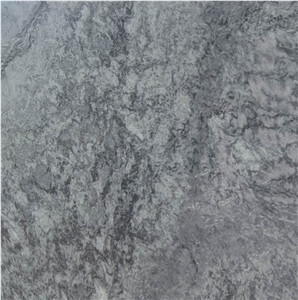
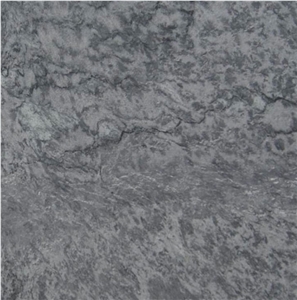
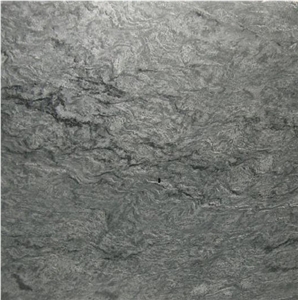
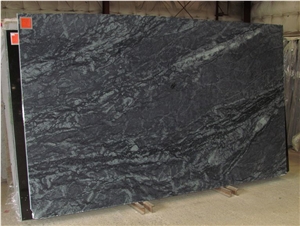
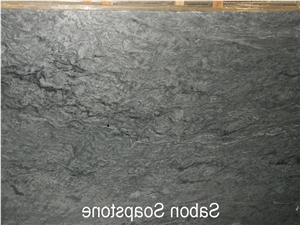
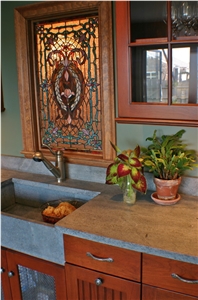
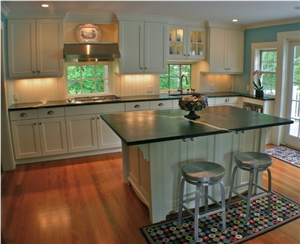
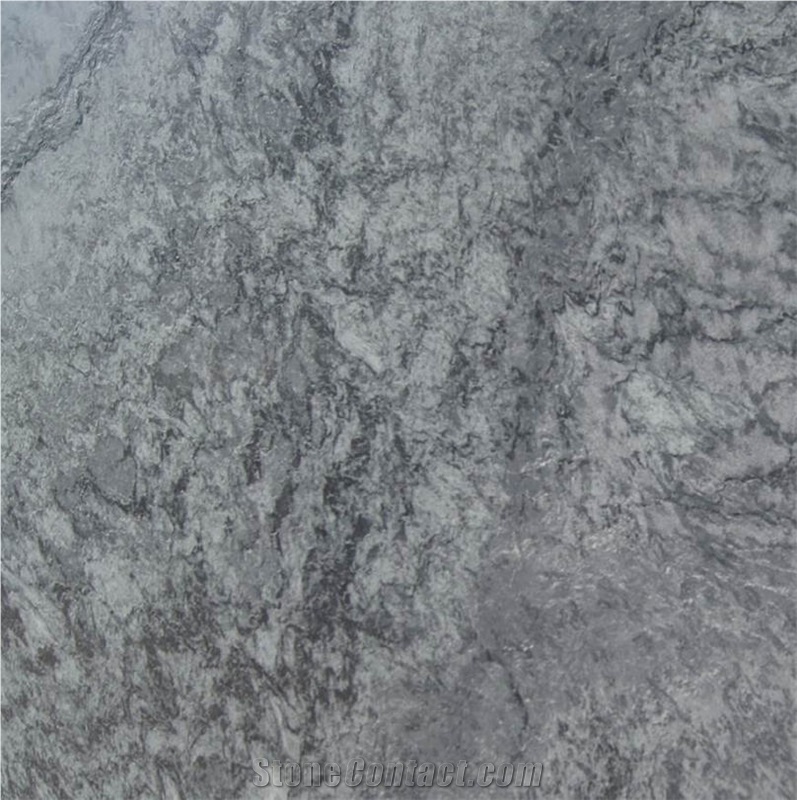
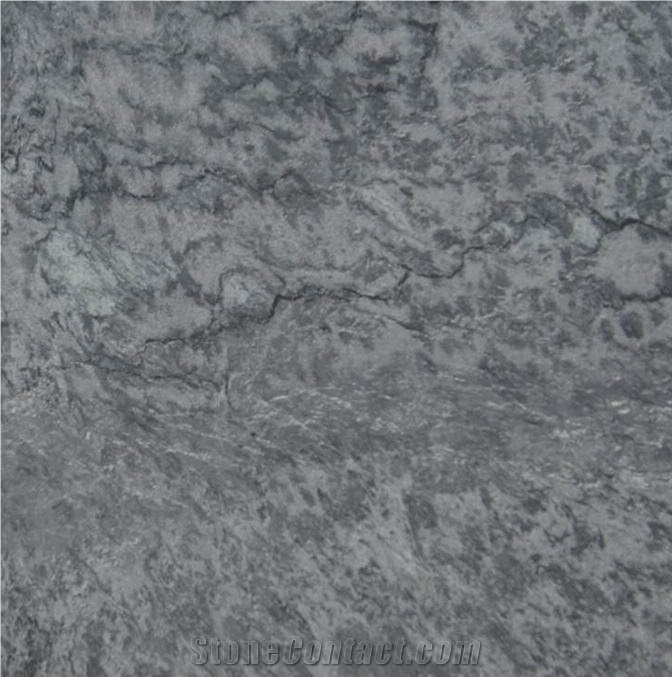
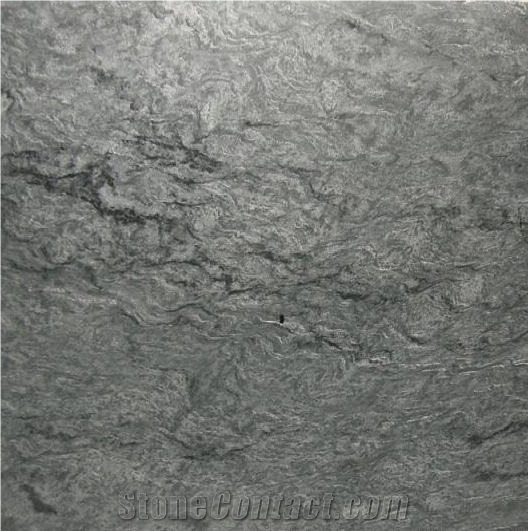
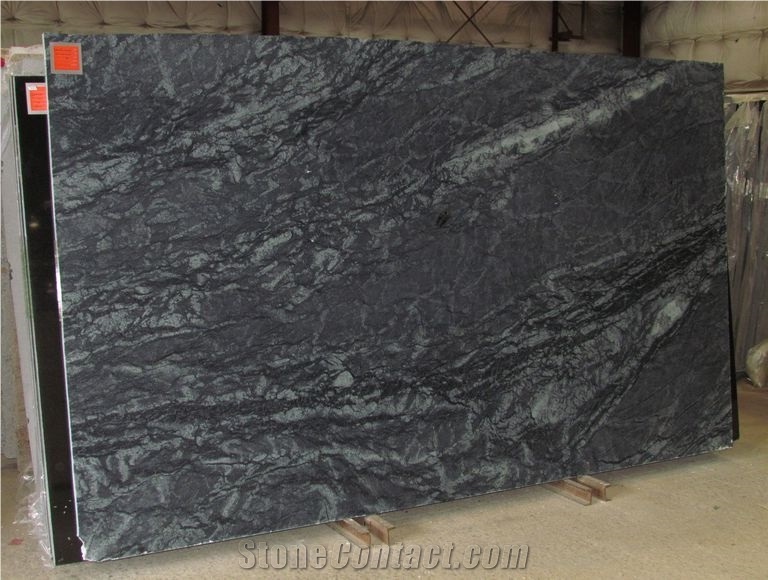
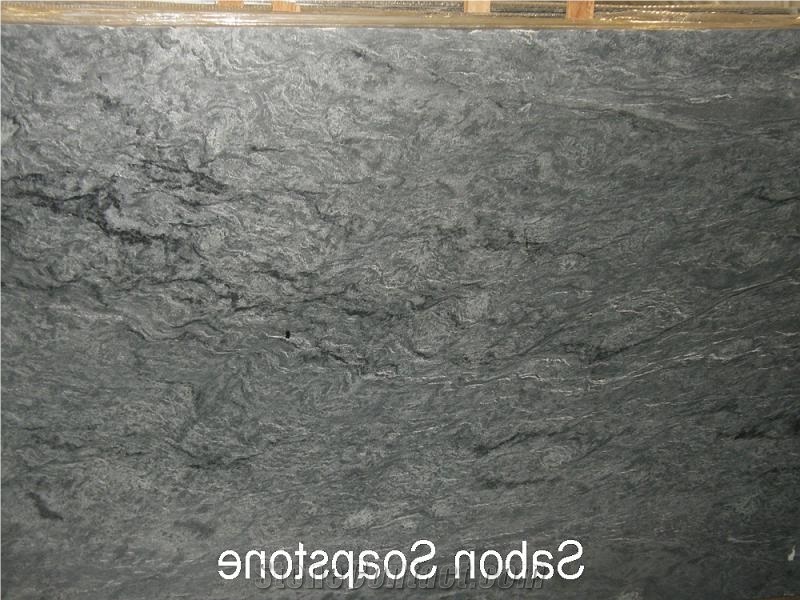
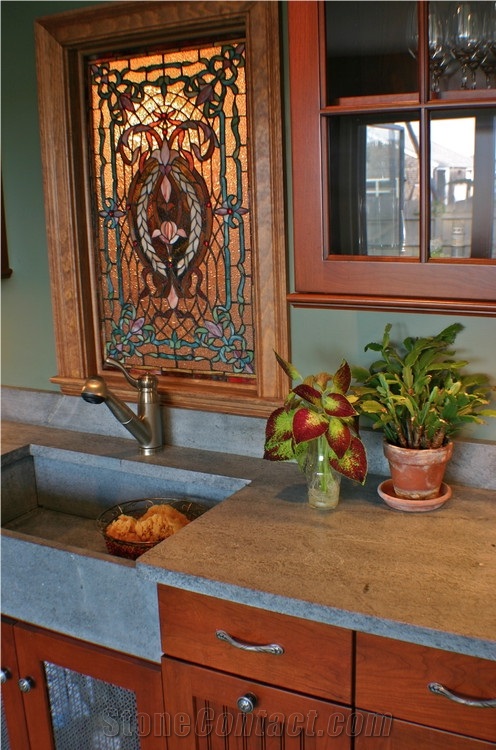
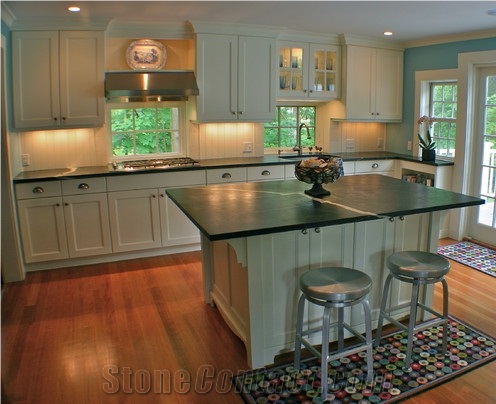

 United States
United States